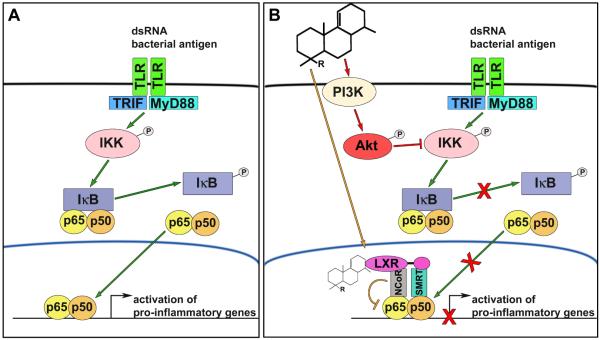Figure 1. Anti-inflammatory actions of acanthoic acid derivatives on macrophage NF-κB signaling.
(A) Foreign antigens such as dsRNA and lipopolysaccharide bind to Toll-like receptors (TLR) on the membrane of macrophages, leading to TLR subtype-dependent recruitment of myeloid differentiation primary response 88 (MyD88) and/or TIR-domain-containing adapter-inducing interferon-β (TRIF)-dependent pathways. Downstream activation of the IκB kinase complex (IKK) promotes inhibitor of κB (IκB) phosphorylation and dissociation from the p65-p60 nuclear factor kappa-light-chain-enhancer of activated B cells (NF-κB ) complex. NF-κB subsequently translocates to the nucleus where it binds to DNA response elements and promotes pro-inflammatory gene expression. (B) Acanthoic acid derivatives had shown to have anti-inflammatory activity by directly activating liver X receptors (LXR) that transrepress NF-κB-dependent gene transcription by complexing with nuclear receptor corepressor 1 (NCoR) and silencing mediator for retinoid or thyroid hormone-receptors (SMRT). In this study, Travéset al. demonstrate that acanthoic acid-based diterpenes primarily inhibit NF-κB signaling pathway through activation of the phosphoinositide 3-kinase (PI3K)-Akt pathway.

